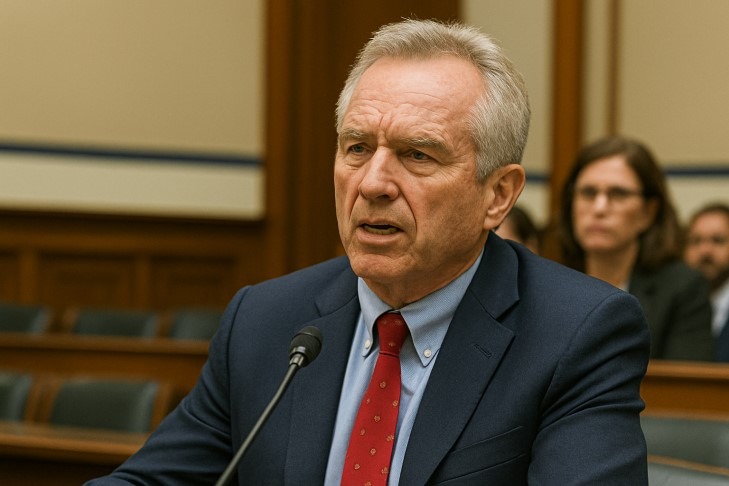
The Complexity of Mentalizing: Unveiling Uncertainty's Role
The concept of mentalizing, or the ability to understand the thoughts and feelings of others, is a crucial component in social interactions. Recent research from psychologists at the University of Pennsylvania has delved into its intricacies, revealing that uncertainty plays a pivotal role in how we perceive social cues. Traditionally, mentalizing has been associated with brain activity in the dorsal medial prefrontal cortex (DMPFC). This study, however, presents a paradigm shift by suggesting that uncertainty, rather than just social context, drives activation in this area.
Understanding Mentalizing and the Brain
The DMPFC is integral to our mentalizing abilities, a notion corroborated by previous studies linking its activation to attempts at deciphering others' intentions and emotions. However, the latest findings indicate that this activation is also present when individuals infer characteristics about objects and situations where uncertainty is prevalent. This suggests that our brain’s response is less about the social scenario and more about the ambiguity faced in any context.
How Research Explores Uncertainty
To unravel these dynamics, researchers employed functional magnetic resonance imaging (fMRI) on 46 participants, asking them to make assessments across various domains: human minds, bodies, and physical objects. By manipulating levels of uncertainty within these conditions, the study offered insights into how uncertainty intersects with cognitive processes. Participants rated the informativeness of particular traits, which helped quantify uncertainty and its influence on brain activity.
Implications for Social Behavior
The insights gained from this research are profound. They propose that the heightened DMPFC activation during social scenarios may not solely stem from the social context itself, but rather from the uncertainty inherent in navigating human interactions. This has significant implications for understanding diverse behaviors in various social settings. Individuals facing high uncertainty may approach social interactions with increased caution, perhaps leading to misunderstandings or misinterpretations.
Connecting Uncertainty to Health and Wellness
Understanding how uncertainty shapes our social cognition extends beyond psychology. It intersects with areas of health and wellness, given that social relationships play a fundamental role in our mental and emotional health. Various health and wellness practices, such as mindfulness and community health initiatives, emphasize managing uncertainty and stress. By fostering clearer communication and support networks, communities can enhance collective mental wellness.
Future Exploration: What Lies Ahead?
As the landscape of cognitive neuroscience evolves, future research will likely focus on practical applications derived from these findings. For instance, can we design better therapeutic approaches to assist those who struggle with social anxieties rooted in uncertainty? Moreover, examining how these findings can inform health and wellness strategies may provide communities with tools to enhance resilience against the mental burdens of uncertainty.
Bridging the Gap: From Research to Real Life
The connection between brain activity, uncertainty, and social behavior highlights a need for collaborative efforts between psychologists and health practitioners. By integrating insights from cognitive research into wellness programs, communities can promote environments that support mental health proactively. Initiatives like support groups, workshops, and educational resources can provide platforms for individuals to address uncertainties in social contexts.
This research not only deepens our understanding of the brain but also illustrates the intricate relationship between cognition and emotional wellness. Strategies focused on fostering communication and managing uncertainty can significantly enhance individual and community health outcomes.
As we continue to investigate these cognitive processes, we open pathways to innovations in health and wellness that address the core elements of our social lives. Taking advantage of this knowledge can lead to better strategies for living a healthy, fulfilling life, underscoring the importance of community initiatives and health programs that embrace both psychological and social dimensions.
 Add Row
Add Row  Add
Add 




 Add Row
Add Row  Add
Add 


Write A Comment